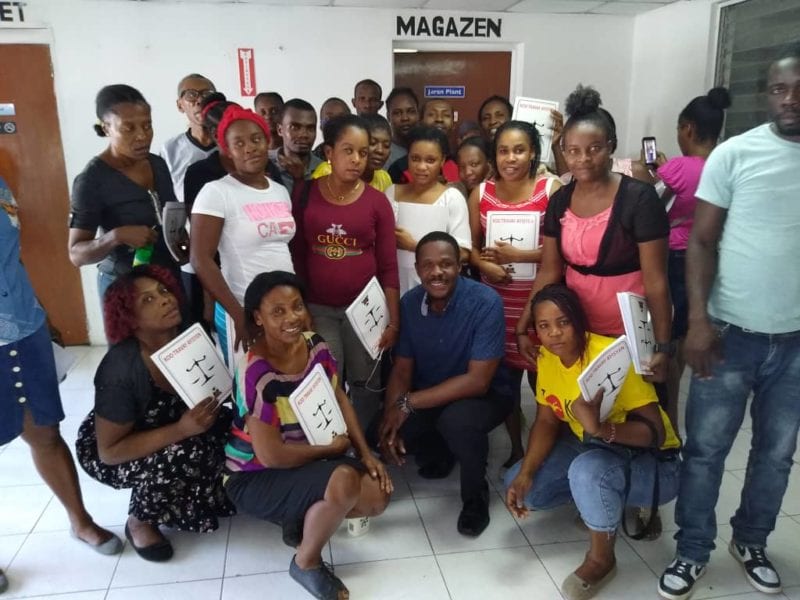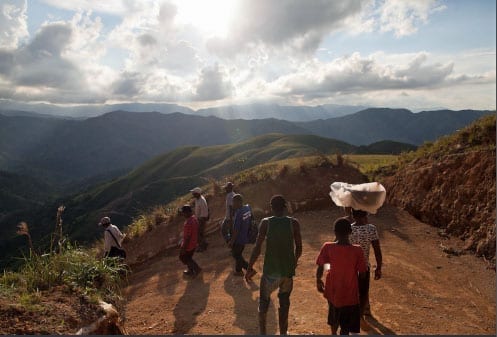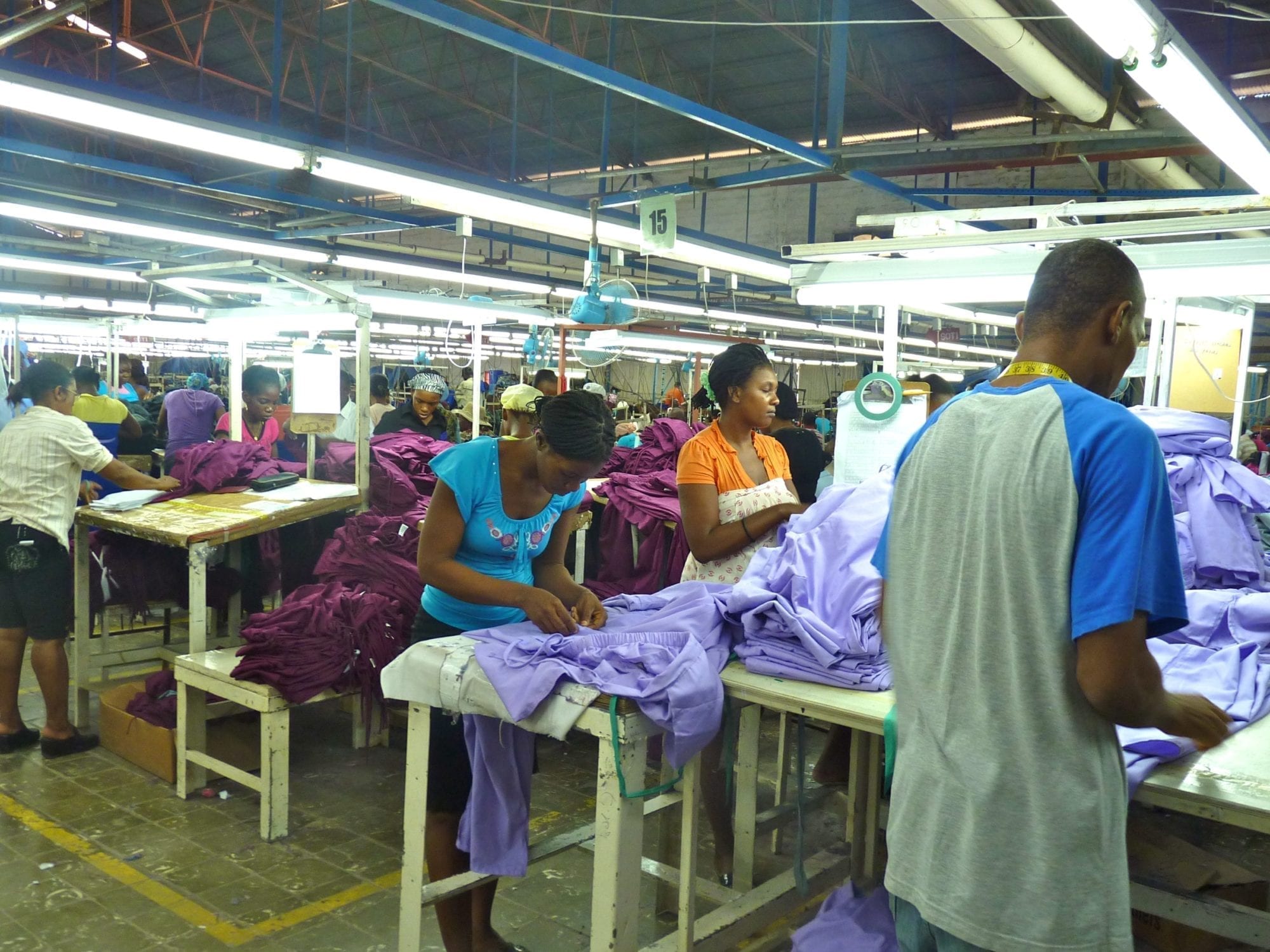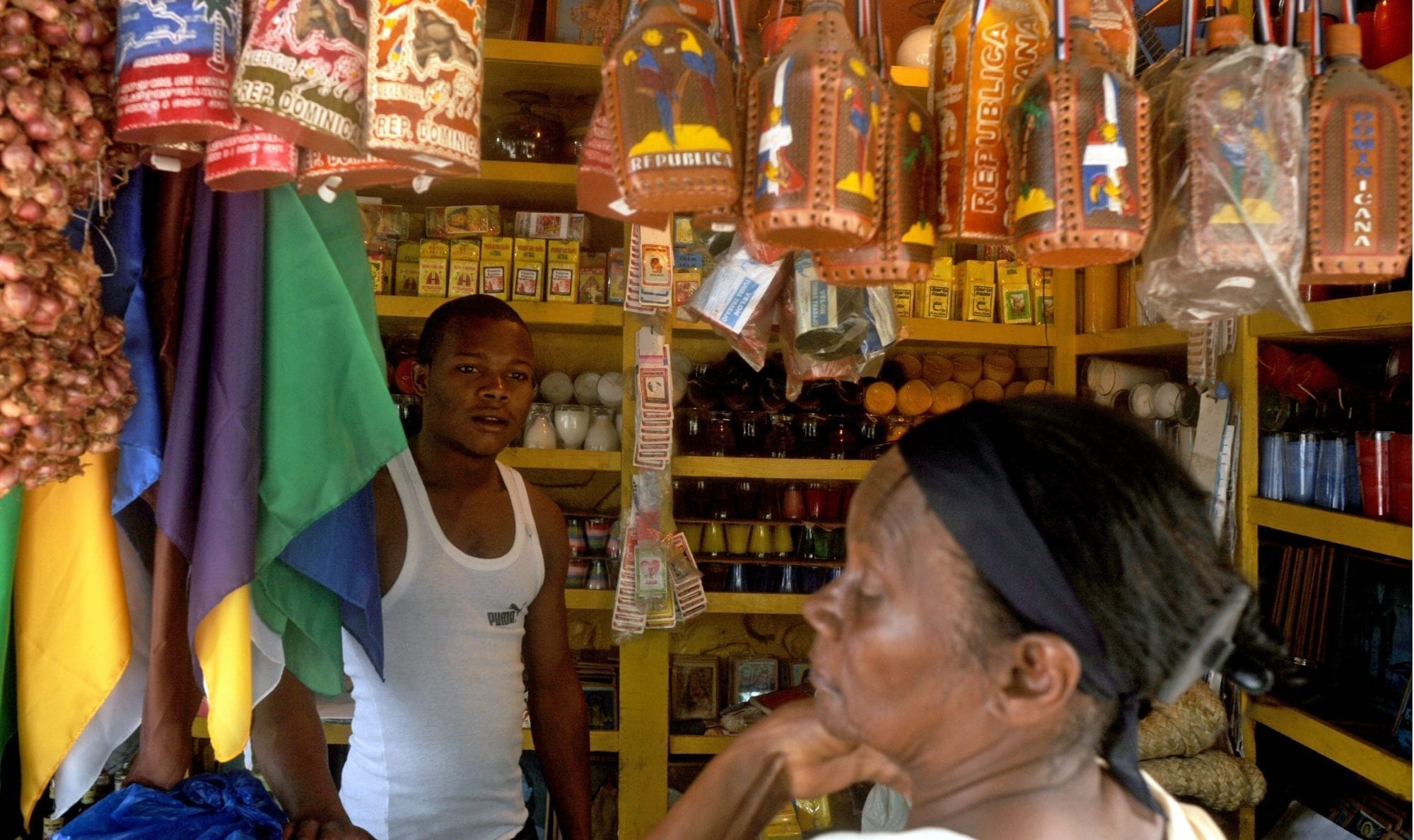If the current political impasse in Haiti is resolved, lawmakers are likely to consider how to develop the country’s untapped gold and copper veins—and the process will determine the extent to which workers achieve their share of economic prosperity. “Given the dearth...
Haiti
 In Haiti’s export apparel industry, the Solidarity Center joins with unions to educate workers about their rights under national and international labor laws. Credit: Olton dorvelus
In Haiti’s export apparel industry, the Solidarity Center joins with unions to educate workers about their rights under national and international labor laws. Credit: Olton dorvelus
Haiti Earthquake Anniversary: Garment Workers Still Struggle to Survive
Six years after a major earthquake devastated the Haitian capital and its environs and the international community promised to “build back better,” Haitian workers say their daily lives are a struggle for survival, with their meager wages insufficient to cover basic...
Organizing Key to Assisting Migrant Workers
More than 300,000 domestic workers in Hong Kong, Special Administrative Region of China have migrated from the Philippines, Indonesia and other Southeast Asian countries seeking jobs to support their families. Recent high-profile instances of employer abuse against...



